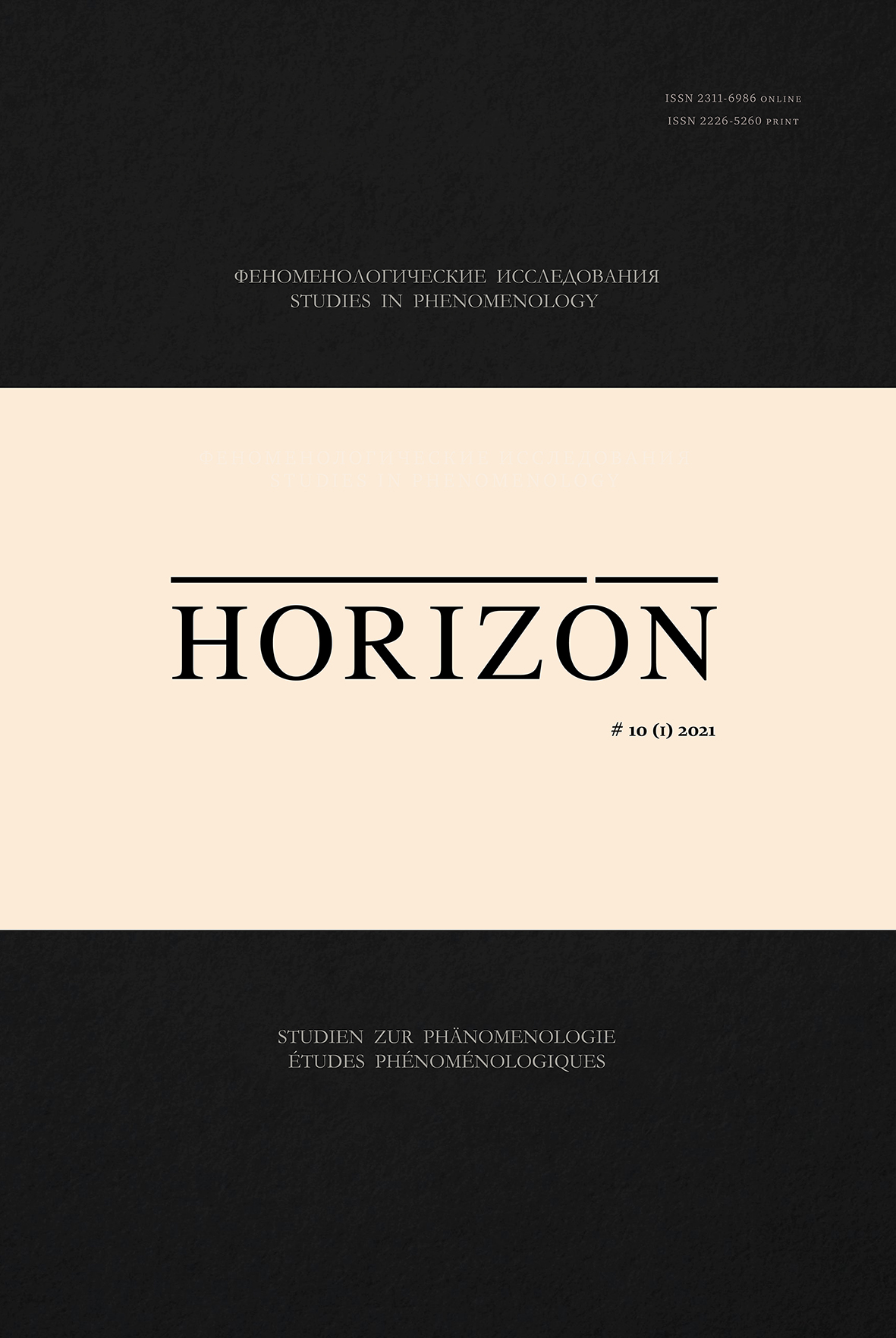Phenomenology of cognition in
the context of many-sided humanism of
Staņislavs Ladusāns
Phenomenology of cognition in
the context of many-sided humanism of
Staņislavs Ladusāns
Author(s): Māra KiopeSubject(s): Philosophy, History of Philosophy, Contemporary Philosophy, Philosophy of Religion, Phenomenology
Published by: Издательство Санкт-Петербургского государственного университета
Keywords: Stanislavs Ladusāns; many-sided gnoseology; Heidegger; Welte; phenomenology of cogni- tion; neo-Thomism; knowledge structure.
Summary/Abstract: Phenomenology contains potential that can be expanded to include the development of cognitive phenomenology concepts. One of the most notable works in this area is related to the name of StanislavsLadusāns (Staņislavs Ladusāns, 1912–1993), the famous Latvian and Brasilian philosopher. The articlewill outline the key elements of S.Ladusāns’ phenomenology of cognition, showing how his many-sided gnoseology was developed as the basis for multidimensional humanism to transform culture intoa more humane one. At first phenomenology of cognition is discussed as the ground of many-sidedhumanism. The notion of many-sided or multidimensional humanism clearly affirms that human understanding about the human itself is based on a plurality of principles. At the end of the seventiesStanislavs Ladusāns decided to realise the philosophy-as-rigorous-science approach—a clear citationof Husserlian idea—and to concentrate attention on the human person within the manifold relations—providing his/her existential experience. All the system of rigorous science of many-sided humanismshould be grounded on the theory of cognition. On the basis of epistemology, Ladusāns wants to builda unified picture of human existence, including the discoveries of many sciences and integrating theminto multidimensional humanism through philosophy. Meanwhile the phenomenology of cognition inits final form as it is appears in the monograph Gnosiologia Pluridimensional (1992) was build up byStanislavs Ladusāns during many decades. One of the first most important episodes in this process wasthe reinterpretation of the Thomistic concept of induction. Stanislavs Ladusāns deals with the conception of the general critical reflection by demonstrating the judgment-formation of the mind. Ladusānsholds that the sensual experience providing material contents of our knowledge displays certain nexuses between forms of experience, these may be transferred onto general inductive judgements. Thesecond significant episode in the construction of system of the phenomenology of cognition is linkedwith the concept of “doubling-of-cognition-structure” by which the religious, spiritual experience becomes philosophically legitimate. Even in the case of religion the objective evidence comes first; itgives an opportunity to reason to ascertain about the existence of God. Stanislavs Ladusāns places phenomenology of cognition or many-sided gnoseology at the corner-stone of his programme of culturalregeneration. The capacity of reason is incapable for revigoration of culture—these are overestimatedor underestimated—this has to be established in a truly gnoseological investigation. In the contextof critics of culture and ideologies is presented Ladusāns’ correspondence with Welte and Heidegger,which reveals the intensive quest for thinking about being that where characteristic of the seventies ofthe last century aspiring towards the grasping of the Highest Being.
Journal: Horizon. Феноменологические исследования
- Issue Year: 10/2021
- Issue No: 1
- Page Range: 140-162
- Page Count: 23
- Language: English
- Content File-PDF

